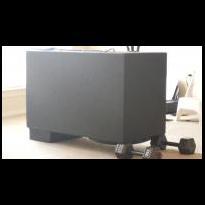Sign in to follow this
Followers
0

Remote wire for multiple amps & processors
By
SPL_Man, in Amplifiers / Head Units / Processors / Electrical
-
Recently Browsing 0 members
No registered users viewing this page.
-
-
Recent Topics
-
- 20 comments
- 427 views
-
- 400 comments
- 34,450 views
-
- 3 comments
- 146 views
-
- 4 comments
- 268 views
-
- 2 comments
- 789 views
-
- 5 comments
- 1,664 views
-
-
-
Recent YouTube Posts



